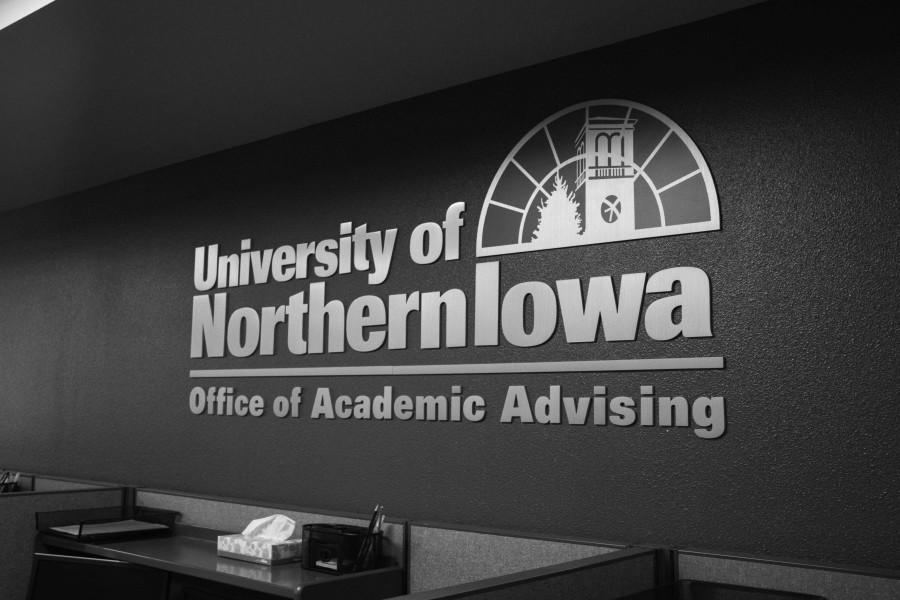More Freedom; less paperwork: Advising holds hold us back
Sep 24, 2015
Everywhere I turn, I’m being told the American university system is in a slow decline from too many entitled students and too much handholding. From grade-inflation to possibly requiring professors to provide trigger warnings for content in their classes, our universities are at a crossroads in many areas.
In “The Coddling of the American Mind,” a thoughtful and slightly alarmist piece from the Sept. 2015 issue of The Atlantic, the authors ask the question: “What are we doing to our students if we encourage them to develop extra-thin skin just before they leave the cocoon of adult protection?” While these writers were concerned with the patterns of emotional over-protectiveness toward university students, I am more concerned about the patterns of intellectual and life-skills coddling I see. I would like to turn the sentiment of their question slightly and ask: “What are we doing to our students if we don’t trust them to act like adults and direct their own learning?”
Every semester I’ve been at UNI, I have been forced to observe an unusual ritual in regard to registering for classes. Despite my excellent academic standing and alacritous progress toward my degrees in two departments, I have a recurring advising hold that requires me to contact one of my advisors before I can register for classes. You know whose time is too valuable for this jiggery-f***ery? My advisors’. I love both of my academic advisors, and I love meeting with them just to shoot the breeze, but they are busy people with teaching and administrative commitments. Why make them meet with every student every semester just to remove an advising hold?
I didn’t come here to make any trouble with the Office of Academic Advising, because they genuinely have students’ best interests at heart. Even with good intentions about student/faculty engagement and mentoring, a blanket policy of advising holds for students in many, if not most, programs and departments on campus is a time-waster that contributes to the bureaucratic bloat running rampant in academe. Besides the issue of time, there is also an issue of respect. Trust your students to make choices about their education, UNI!
Advising holds are only a minor part in the opera of meaningless university-sponsored BS one must perform to receive a degree. What if I told you there is a university in the Wild Wild West of our nation where you can change your major online via your student center? Unbelievable, right? Also at this school, only freshmen have an advising hold. The school is Boise State, and the trust they place in students to make smart, adult choices is refreshing. I’m sure there are many universities around the country with similar advising policies; Boise State gets a mention because I attended school there on exchange and witnessed the glory of a world without arbitrary advising policies and paperwork.
I know what you’re thinking: wouldn’t that turn a university into a modern reproduction of “Caligula”? Wouldn’t there be students who attend school for so long without making progress toward a degree that they put down roots and turn into beautiful flowering crabapple trees? Wouldn’t some students wander aimlessly through campus for decades like ghosts, not understanding why no one can hear their cries of dismay? No, of course not. Just like anywhere else, students with questions about academic requirements make appointments with their academic advisors. Then, at the meeting, the advisor and student solve the problem together and share an epic high-five.
Advisors who aren’t forced to complete a bunch of unnecessary meetings or paperwork have more time to be the excellent, inspiring instructors and mentors they already are. In addition, as a student, I would feel respected by a school that doesn’t treat me like a child who needs to be checked up on every few months. If UNI really wants to make sure advising holds remain as a tool to help students, they need to make a policy with a little refinement and aim. First-semester freshmen, recent transfer students, people with 2.0 or below GPAs, these are people who could benefit from a closer eye. As for the rest of us, give us a little credit to manage our affairs. I promise we’ll step up to the challenge.








